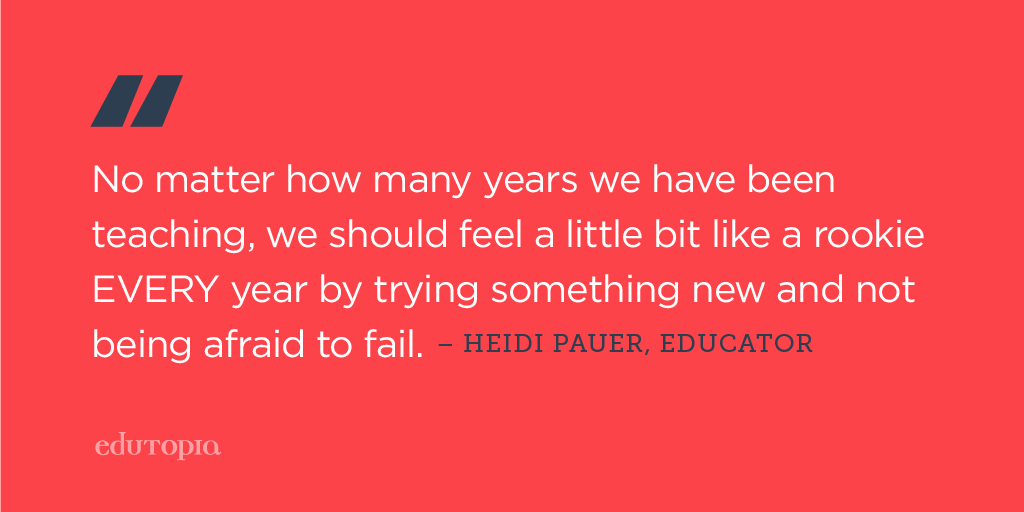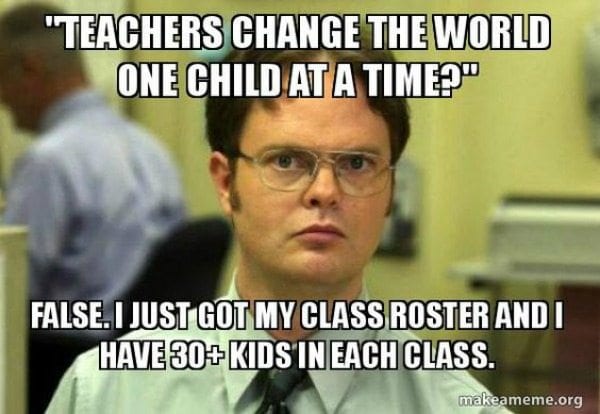
Another aspect to this semester that I will continue to use not only in my future classroom but life is the: Before, During, and After reading strategies. Ironically, I discovered that I actually utilized some of these strategies in my prior readings, I just never realized until this class. Strategies like "promote self-monitoring" that allow students to "clarify confusion only if they stop to notice when this happens.", which is essential during reading strategy (Daniels & Zemelman, 2004, p.281). I think it is important for students to become aware of this strategy as it will allow for less confusion and difficulty as they engage with a text. I've learned that teachers often rush a text, simply so they can get through the material. In turn, this forces students to rush and not fully grasp the content. If we, as teachers, really promote this self-monitoring strategy students will (hopefully) slow down and understand the text.
In addition to self-monitoring, I learned it is important to be able to retell what one just read. In my personal experience, I know I could read an entire chapter and not be able to tell you one thing I read. This lack of reading comprehension could very well be a reason why our students do not enjoy reading. However, if we promote self-monitoring and chose readings that engaged the students, a child's reading comprehension is a lot more likely to increase.
 Unfortunately, there is this certain stigma around being a teacher and how "easy" it is to be one. If I've learned anything from this course, it is- teaching is anything but easy. We have to not only teach our content, but we have to incorporate/teach literacy strategies all while building a connection with each student. Though it might be a very tedious, time-consuming, and difficult position, it might also be the most rewarding job of them all (but I'm biased!).
Unfortunately, there is this certain stigma around being a teacher and how "easy" it is to be one. If I've learned anything from this course, it is- teaching is anything but easy. We have to not only teach our content, but we have to incorporate/teach literacy strategies all while building a connection with each student. Though it might be a very tedious, time-consuming, and difficult position, it might also be the most rewarding job of them all (but I'm biased!).
While this course has considerably challenged me mentally, I really would not have changed a thing, as I believe I'm a better teacher for it.
It's been real Nick, thanks for everything.
One last time- good night!
Word Count: 701
Count: 701

Assignment: 20/20
ReplyDeleteCoursework: 80/80
Final Grade: 100/100
Alena, you wrote, "I will continue to use not only in my future classroom but life is the: Before, During, and After reading strategies. Ironically, I discovered that I actually utilized some of these strategies in my prior readings, I just never realized until this class." Yay! One day you will know how good it feels to have a student say or write something like this to you. Remember this experience when you get your own students. No matter who they are, they have some strengths and weaknesses in your content area. Find out what those are for each individual student, show them their existing strengths, give them explicit strategies for the other bits, and help them to connect your content to the real world. Lastly, always view your classroom as an experiment, and learn from your successes and failures.
I really appreciated your humor and intelligence throughout the semester. Keep making those around you laugh and think, and you will be a great teacher.